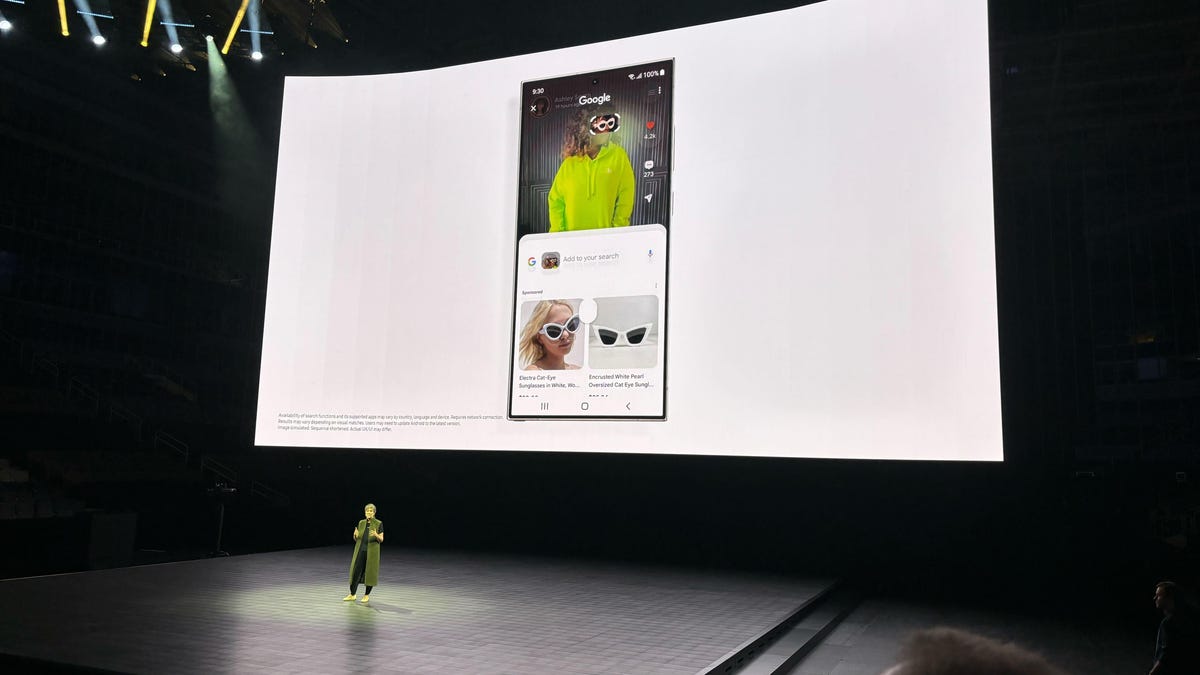Once again I look at Sundar Pichai and ask, what is the point of you? Under his stewardship, Android has lost all signs of life. The Android community is dead. There’s been no innovation and the little bits of innovation they had created in recent years were quickly sunset. The last selling point of a Pixel was the quick updates and long update life but now everyone offers seven years. No identity, no community, no selling point, just blandness! They don’t even leverage their money to offer cheaper hardware, the Pixel Tablet with Dock is compelling in its form factor, but upon closer look, it’s less than mid-range specs, sub-par speaker performance and all with an over inflated price. At least eat the cost so that you can get one or two of these in every home. The only thing that’s impressed me in recent years is bundling the watches.
i don’t think they like the android community much since a lot of the community is dedicated toward getting away from the surveillance and theft that Google profits from.
Well if they would think more than 1 financial quarter ahead of things, they’d realize that they will lose customers to competition, thereby ruining both device sales and data gathering profits.
What shocks me, and I do mean shocks me, is what this line of thinking implies. Is the data google (tries to) gather from me really worth more $ than, say, an average of 350$ each year? Cause thats just 1 phone every 2-3 years and I’m looking into a tablet, and wearables eventually. I refuse to believe any knowledge about me is unique and valuable enough to beat that, and it seriously confuses me.
The last selling point of a Pixel was the quick updates and long update life
And I thought it was the ability to re-lock bootloader with a custom key which is why Graphene OS is only developed for Pixels.
I really need to install Graphene and have a proper play with it.
It’s not that exciting, but that’s a good thing - it works very well and is very similar to a stock experience!
You talk about android then bring up random points about the pixel phones. Those are two separate things. One could say android is doing well because multiple manufacturers have adopted the 7 year policy that google initially put forward. I mainly use iOS so not an android fanboy, but your rant isn’t really making a coherent point.
They’re not concerned with product, they’re concerned with profit. They’re strategically cutting away bits and pieces that don’t make money. Incidentally, these are all the fun and exciting bits, leaving behind the blandness.
deleted by creator
It’s a shame. I remember the Google+ days when they were playing with app redesigns. Those days were fun.
Despite Sundar’s leadership, do you think that extending update support to 7 years took no innovation? The Android team has been doing major system reworks to make this practical. The Tensor team has been working to do the same on the hardware side. Samsung is likely reusing firmware and software from that work given that the hardware is shares a lot of Samsung IPs. Prior to these developments Samsung was not interested in providing anywhere close to this length of support.
Android is in the best place it’s ever been since its release. It’s on more things than ever and we have the kind of update support we used to only dream about in 2008. And we have devices with unlockable and rekockable bootloaders. 🤯
Samsung committed to seven years before Google and look at the length of support Apple were offering. Maybe we have different definitions of innovation.
Maybe I’m out of the loop when did Samsung commit? Isn’t the article about it happening now?
Sorry, I remembered incorrectly and thus my information was wrong. They offered four years back when Google was only offering two
https://www.sammobile.com/news/galaxy-phone-seven-years-security-updates/
They didn’t, Google are the first to do three years of OS updates and security patches with the Pixel 2 and extended that to the first gen Pixel. Samsung were doing two OS updates until they promised they would do 3 OS updates at the Note20 launch and extended it to the S10 and other models. You are correct that they upgraded that to four with the S21 before Google made the jump from 3 to 7.
This is old news, 5 months old. I thought they meant more manufacturers apart from google and samsung.
That is good news.
Cynical me says there’s some sort of catch though. They are commiting themselves to sell fewer phones. How else are they going to make their money?
Then again perhaps they are accepting they can’t keep going on as they have been.
This is for the S series lineup. Samsung still have their A series and M,F,C series in other markets.
I see it as the other way around. People are going to keep their phones for longer whether or not they fix the security issues that emerge. It’s better to fix the issues, to improve user perception and user experience.
Smart phones are on increasingly longer replacement cycles before the announcement. Perhaps they see the writing on the wall.
deleted by creator
Ah yes, the subscription. I’d forgotten about that.
Ignoring the fact that few folks keep the same device for 7 yrs to begin with, this is only good news for app support life.
The actual title of the topic should be:
“Android app support is getting even better”
This is essentially a nothing burger for hardware in the grand scheme of things but sure. We’ll take it. Whatever.
I suppose it’s a pretty big win for the aftermarket selling off older devices. More than a few brands still absolutely refuse to adopt this, however. Looking at you, Motorola.











